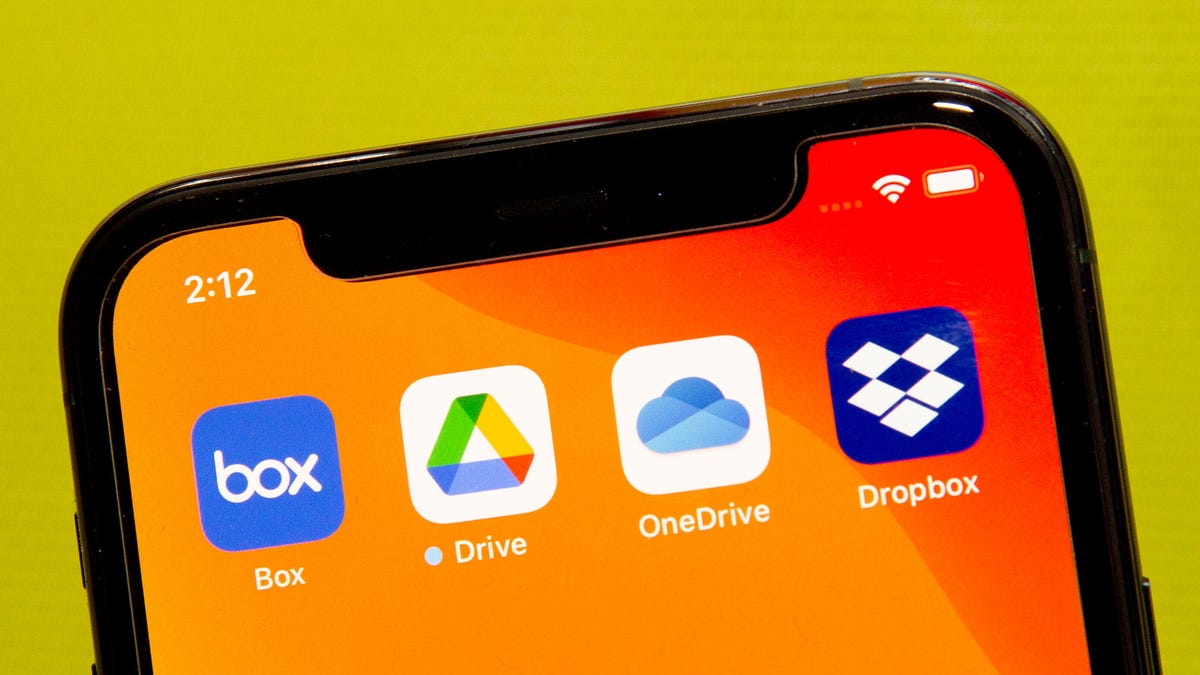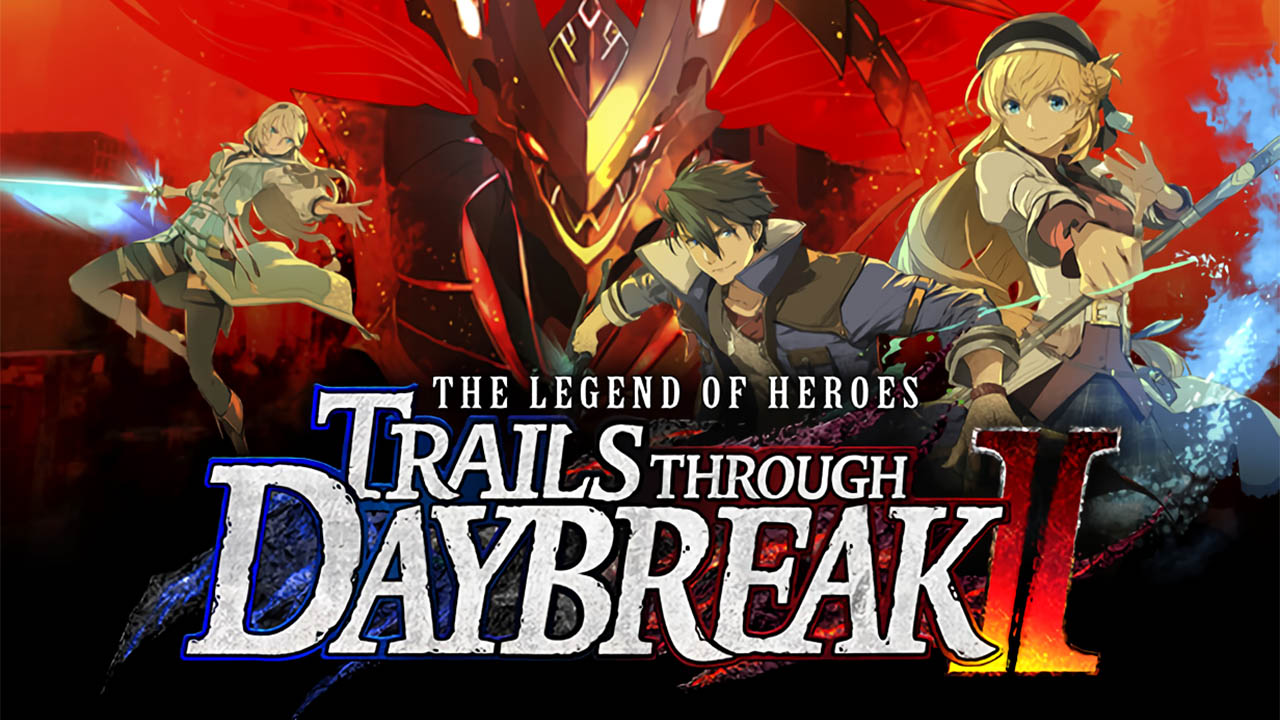Getting an external storage drive to keep your important files on is a great idea. However, it could be damaged, lost or stolen and everything could be gone for good if you don’t have them backed up elsewhere. That’s why putting your documents and other digital items on the best cloud storage services is important. Not only does it add an extra layer of protection and save space on your phone, tablet or computer, but you can also access your items whenever and wherever you need them.
There are plenty of free cloud storage services available, whether your needs are professional or personal. Many offer upgraded paid plans, which means it’s easy to find a cloud service plan that can meet your needs to keep your data stored safely. There are a variety of storage size options and some even have unlimited storage, but for this article’s purposes, we’ll be focusing on plans for the average person.
There are many paid cloud storage options and finding the right one for you can be difficult. We’ve compiled a guide to the most popular cloud storage providers: how they work, their strengths and weaknesses. We’ve even included some lesser-known services if you want to get away from the mainstream. To be clear, we haven’t tested these services — this is an overview and some analysis of some of the top options in the market.
What is cloud storage?
Cloud storage services offer a type of computer data storage that allows your files to be immediately available on almost any internet-connected device anywhere. Files are stored on servers in a data center, instead of directly on your device.
Cloud storage comparison
| Google Drive | Microsoft One Drive | Apple iCloud | Dropbox | |
|---|---|---|---|---|
| Free storage | 15GB | 5GB | 5GB | 2GB |
| Paid plans | Basic offers 100GB of storage for $2 a month ($20 annually); Premium offers 2TB of storage for $10 a month ($100 annually); AI Premium offers 2TB of storage with Gemini support for $20 a month. | Microsoft 365 Basic offers 100GB of storage for $2 a month ($20 annually); Microsoft 365 Personal offers 1TB of storage and costs $7 a month ($70 annually); Microsoft 365 Family offers 6TB of storage and costs $10 a month ($100 annually) | iCloud Plus offers 50GB for $1 a month; 200GB for $3 a month; 2TB for $10 a month; 6TB for $30 a month; 12TB for $60 a month | Dropbox Plus offers 2TB of storage for $12 a month (or $120 billed annually); Dropbox Essentials offers 3TB for $20 a month (or $199 billed annually) |
| Supported OS | Windows, MacOS, iOS, Android and browsers | Windows, MacOS, iOS, Android and browsers | MacOS, iOS, Windows, Apple TV and browsers | Windows, MacOS, Android, iOS, Linux and browsers |
Best cloud storage service options
Pros
- Affordable, customizable personal plans with features that make sense for the average user
- Neat management in a dedicated app
- Easy to use for existing Google accounts
Cons
How much free space you get
Google Drive offers 15GB of free storage.
What you’ll pay for
If you’re looking to expand your personal plan (which defaults as a basic free account), you’ll need to check out Google One.
Google One offers four different membership plans: Free, Basic, Premium and AI Premium. The Basic plan provides 100GB for $2 per month. The Google One app makes it easy to manage your account, swap between plans, free up account storage and take advantage of special member benefits. The AI Premium tier, which sets you back $20 per month, includes 2TB of storage along with a Gemini Advanced chatbot support. Gemini even seamlessly integrates into Google apps like Gmail and Google Docs to help you edit drafts or create visuals for Slides presentations.
If you visit Google’s Workspace website, you’ll see business plans between $6 and $18 per month per user — the Enterprise plan, which supports 1,000 video meeting participants and offers 5TB of total storage, doesn’t have a price listed (it says “Contact sales for pricing”). Every business plan comes with a 14-day free trial.
Supported OS
Google One and Google Drive business accounts are supported across Android, iOS, MacOS, Windows and web browsers.
Bottom line
If you’re looking to expand your personal storage, Google One is an easy-to-use app that demystifies cloud storage and how to get the most out of your plan.
Pros
- Microsoft 365 Personal and Microsoft 365 Family offer a ton of storage for a reasonable price
Cons
- There isn’t a middle-ground option to get a ton of storage without extra features
How much free space you get
Microsoft OneDrive offers 5GB of free storage with the Free account.
What you’ll pay for
Microsoft has a robust selection of plans. For personal needs, users can choose between Microsoft 365 Free, Basic, Personal and Family plans. Personal and Family offer the most bang for your buck, but if you’re just looking for storage, these options are loaded with features you don’t need. Microsoft 365’s entry-level Basic tier includes 100GB of storage for $20 annually (or $2 monthly) which might be a better choice if the free 5GB plan is a bit too limiting, but the 1TB and 6TB plans are overkill.
Supported OS
Microsoft OneDrive works on Windows, MacOS, Android, iOS and browsers.
Bottom line
Microsoft’s plans offer generous packages at reasonable prices for the average user.
Pros
- Paid tiers are affordable
- Strong focus on privacy
- Homekit integration
Cons
- Account creation only available on iOS
- Not all Plus subscribers use HomeKit
How much free space you get
Apple iCloud offers 5GB of free storage for all Apple device owners.
What you’ll pay for
If 5GB isn’t enough space, you can upgrade to iCloud Plus and get 50GB for $1 per month, 200GB for $3 per month, 2TB for $10 per month, 6TB for $30 per month or 12TB for $60 per month. All paid plans include Private Relay, Hide My Email, HomeKit Secure Video and Family Sharing for up to five family members.
Supported OS
Apple’s iCloud storage is available for MacOS, iOS, TVOS, Windows and browsers.
Bottom line
Apple iCloud is an easy cloud storage service for Apple users to check out because it’s already native to the device. Upgrading from the basic tier is easy and Apple thankfully doesn’t tuck away useful features behind the highest-priced plan.
Pros
- Clean, easy-to-navigate website
- App integrations with Slack, Asana, Zoom, Google Workspace and more
Cons
- Offers the least amount of free storage of any cloud storage provider we tested
- Expensive plans
- Personal plans don’t differ enough to warrant separate, differently priced plans compared with the Family Plan
How much free space you get
Dropbox offers 2GB of free storage
What you’ll pay for
Dropbox provides Plus and Family plans for $12 per month ($10 per month billed annually) and $20 per month ($17 per month billed annually) respectively. Both plans offer 2TB of storage, with Family divvying up the space among six users. Based on the site’s comparison, there don’t appear to be enough differences to warrant charging almost double for the Family plan. For more than 2TB of storage space, you can sign up for Essentials, which offers one user 3TB of storage for $20 per month (or $16.58 per month billed annually).
For small- medium- or large-sized businesses, Dropbox offers Business, which costs $18 per user per month (or $15 per user per month billed annually) or Business Plus for $30 per user per month ($24 per user per month billed annually).
Supported OS
Dropbox works on Windows, MacOS, Linux, Android and iOS.
Bottom line
Dropbox’s plans are loaded with features but offer very little middle ground for user customization. Adding one more personal plan ahead of its Plus tier could give customers a bridge between 2GB and 2TB.
Other cloud storage options
Google Drive, OneDrive, Dropbox and iCloud aren’t your only cloud storage options.
SugarSync is a Dropbox-like alternative with apps for every mobile platform. The service offers personal and business plans with a 30-day free trial to start. With a personal SugarSync account, you get 100GB for $7.49 a month, $250GB for $10 a month or 500GB for $18.95 a month. The service offers secure file-sharing (even for folks without an account), collaboration, file syncing, as well as remote data wipes in the event of loss, theft or damage.
Another option for cloud storage is pCloud. The service offers annual and lifetime plans for individuals, families and businesses. pCloud doesn’t limit file sizes and doesn’t throttle your upload or download speeds. While your pCloud files are securely stored on the company’s servers, you can add an extra layer of protection by purchasing pCloud Encryption, which provides client-side encryption — the encrypted versions of your files are stored on pCloud servers, but the plain-text files stay on your computer. With your pCloud Encryption password, you can encrypt or decrypt your files.
You can subscribe to Premium 500GB ($50 a year, $200 for a lifetime subscription), Premium Plus 2TB ($100 a year, $400 for a lifetime subscription) or Ultra 10TB Plan ($1,190 for a lifetime subscription). Family 2TB runs you $595 for life, while Family 10TB costs $1,499 for a lifetime subscription. Business includes 1TB of storage space per user for $10 per month per user ($8 per month per user billed annually), and Business Pro sports 2TB of storage space per user for $20 per month per user ($16 per month per user billed annually). Customers can start with annual plans and upgrade to lifetime plans later if they choose.
Cloud storage: Terms to know
Cloud: This refers to software and services that are stored on the internet, instead of locally on your computer or phone. The cloud allows you to access your files anywhere with an internet connection.
Data center: Even though your files are stored in the cloud, there is still physical hardware involved. The company that you’ve purchased cloud storage from — like Google or Apple — will have actual servers where customer information lives.
Terabyte: A terabyte is a unit of measurement for digital data. One terabyte equals about 1,000GB.
Which cloud storage service is right for you?
Frequently asked questions
How do I clear my cloud storage?
The process for clearing your cloud storage may vary depending on which service you use. In the Google One app, for example, there’s a Free Up Account Storage button.
Why use cloud storage?
Instead of having to remember a thumb drive, or emailing items to yourself, cloud storage lets you access your files, documents and photos on demand. If your computer or phone crashes, you don’t have to worry about losing your content, because those files are stored on a separate server. Cloud backup can be a convenient option because companies like Google One, iCloud and OneDrive are built into services many use on a daily basis. Cloud storage also lets you keep your device’s local storage freed up.
Is cloud storage safe?
According to Norton, cloud storage is a safe option for users because the on-site servers are usually located in warehouses that few employees have access to. In addition, the files stored on the servers are encrypted, adding another layer of security.
No type of digital storage is risk-free, but cloud storage services also offer more immediate security features like two-factor authentication and security checkups. Privacy and security features may vary between services.
How much cloud storage do I need?
How much storage you’ll need will depend on what you’re storing. A student will likely need a smaller storage plan than a professional photographer. If your needs change, most plans let you easily upgrade or downgrade.
For more information, check out how to clear up space in your Google Drive and the best iPhones of 2024.
Sarah Mitroff contributed to this article.
Watch this: Microsoft Bing vs. Google Bard: Watch the AI Reveals



